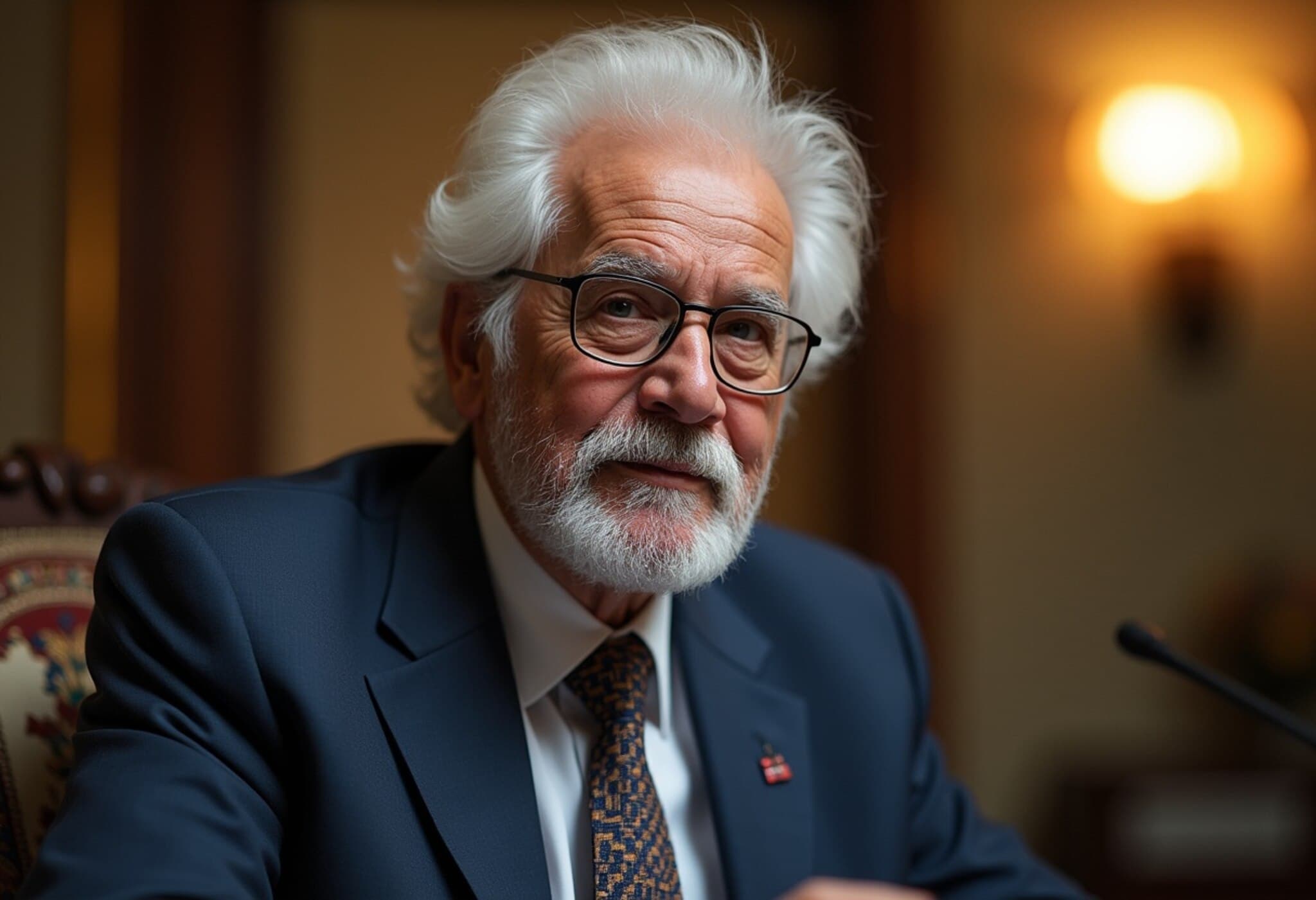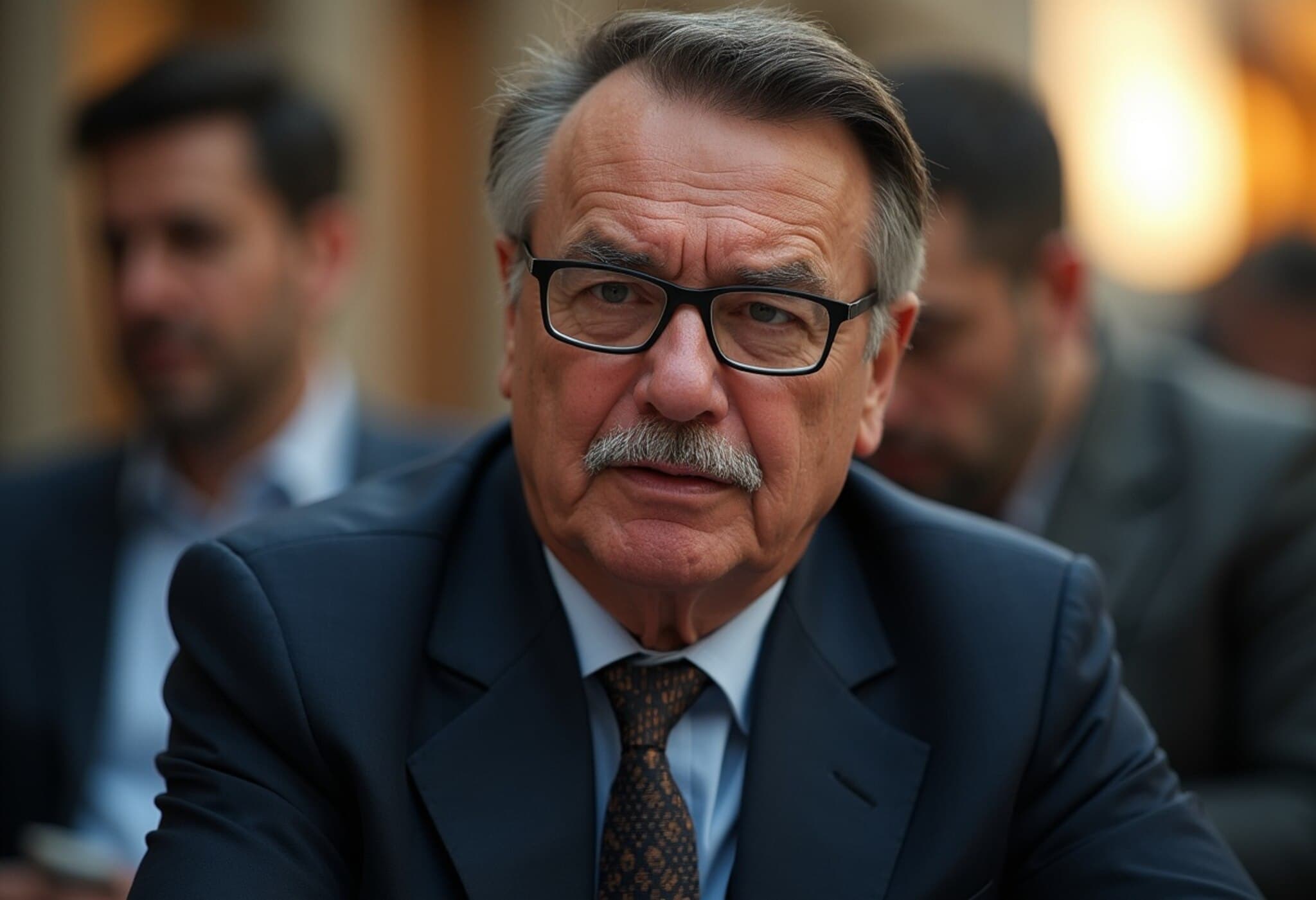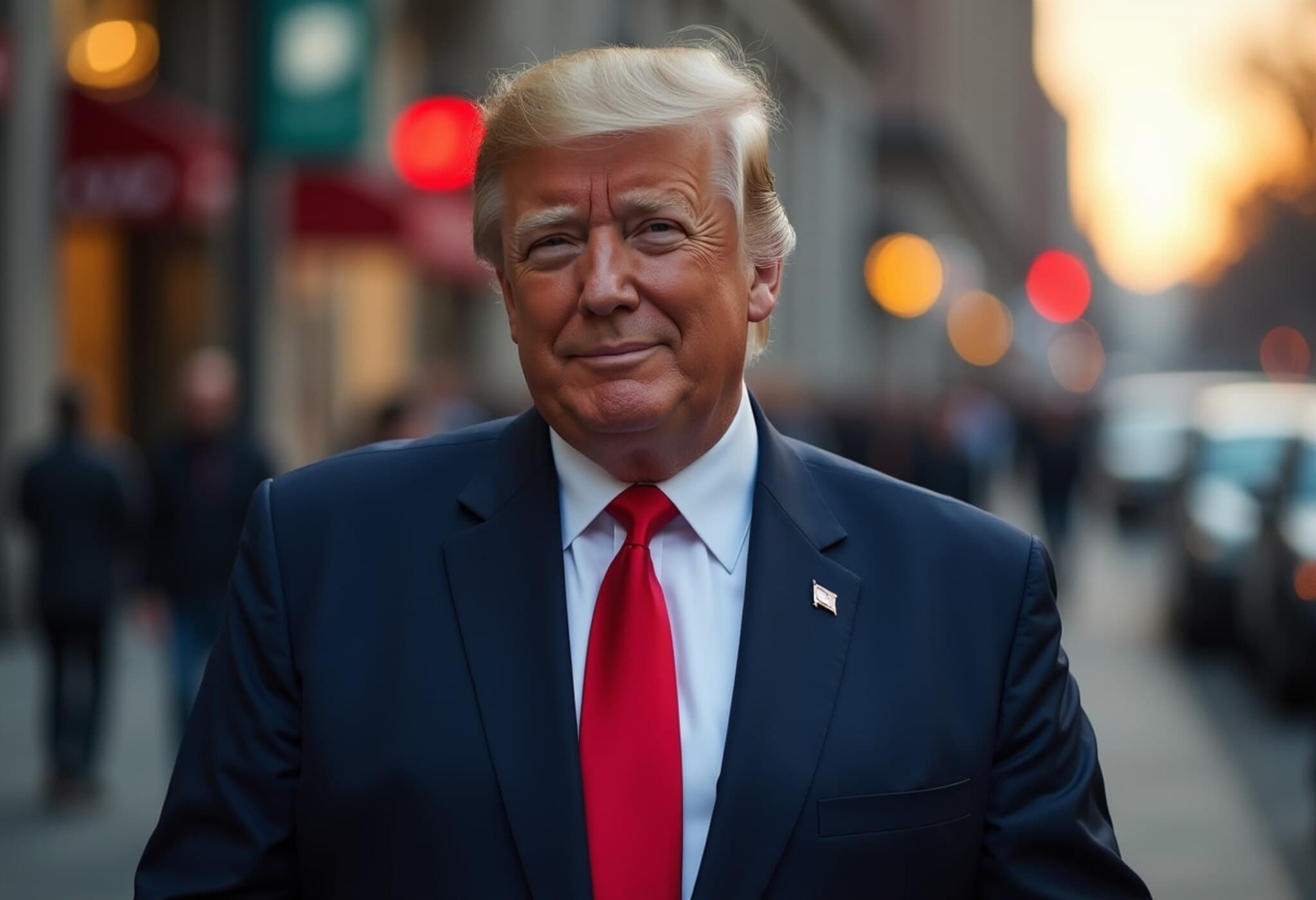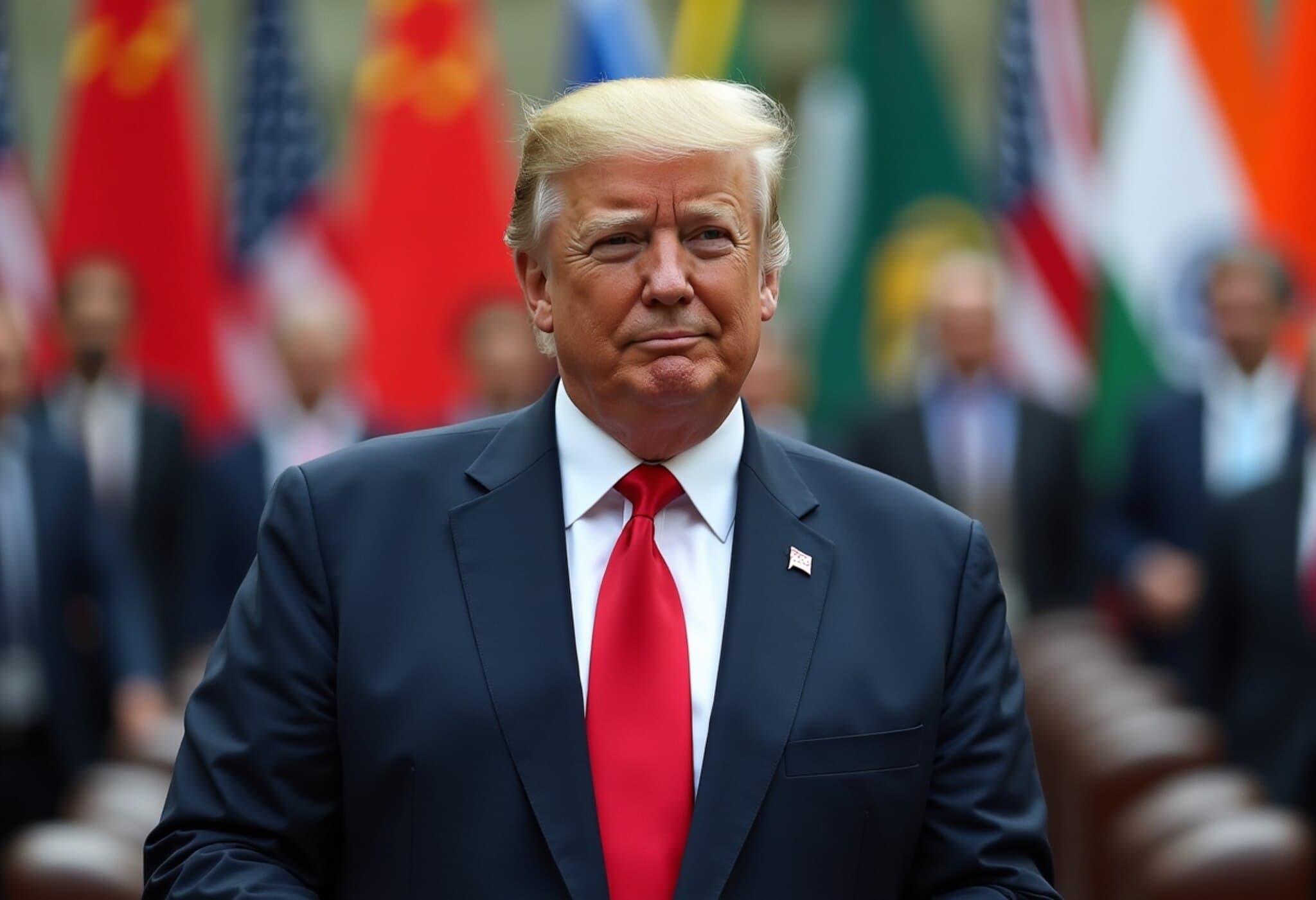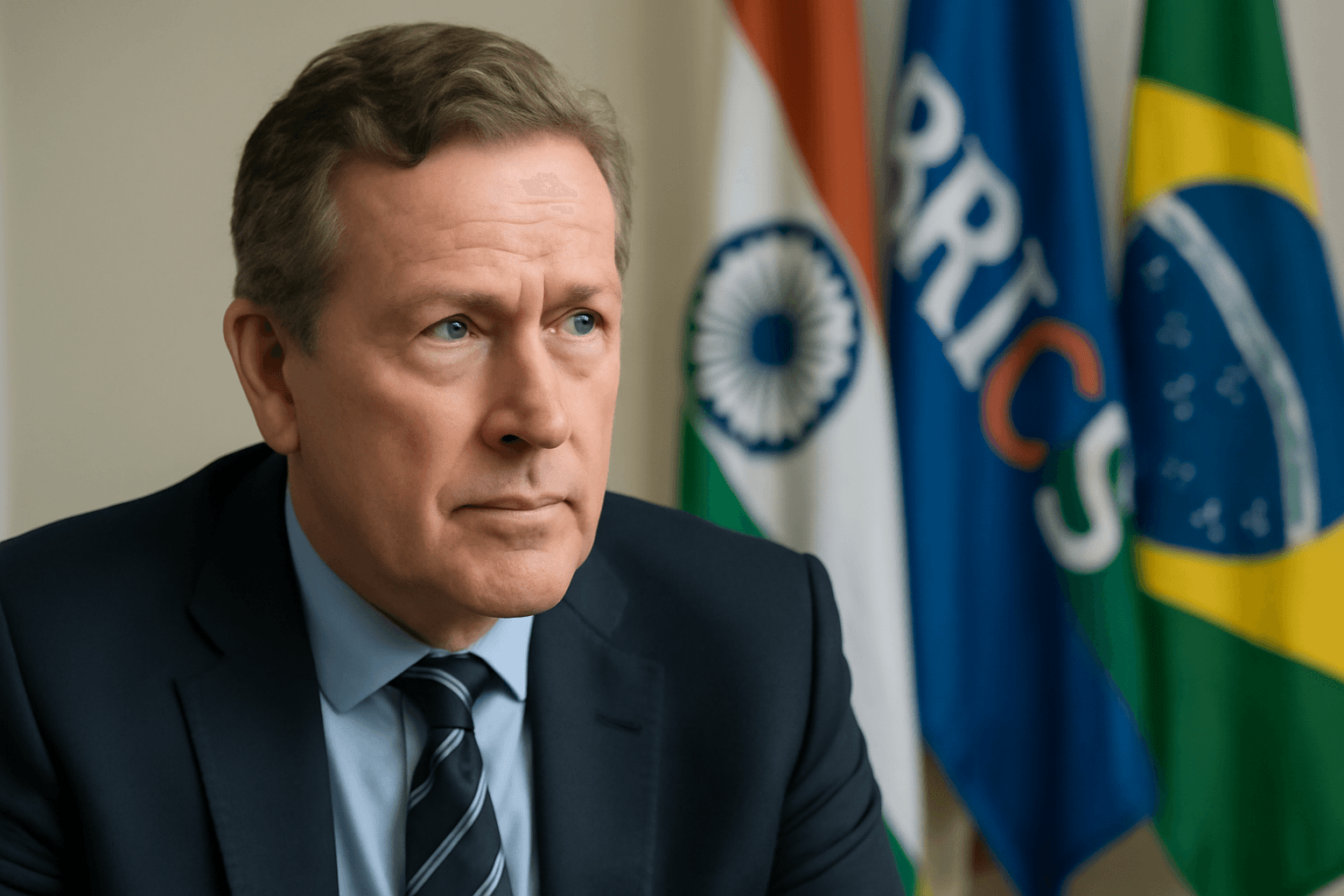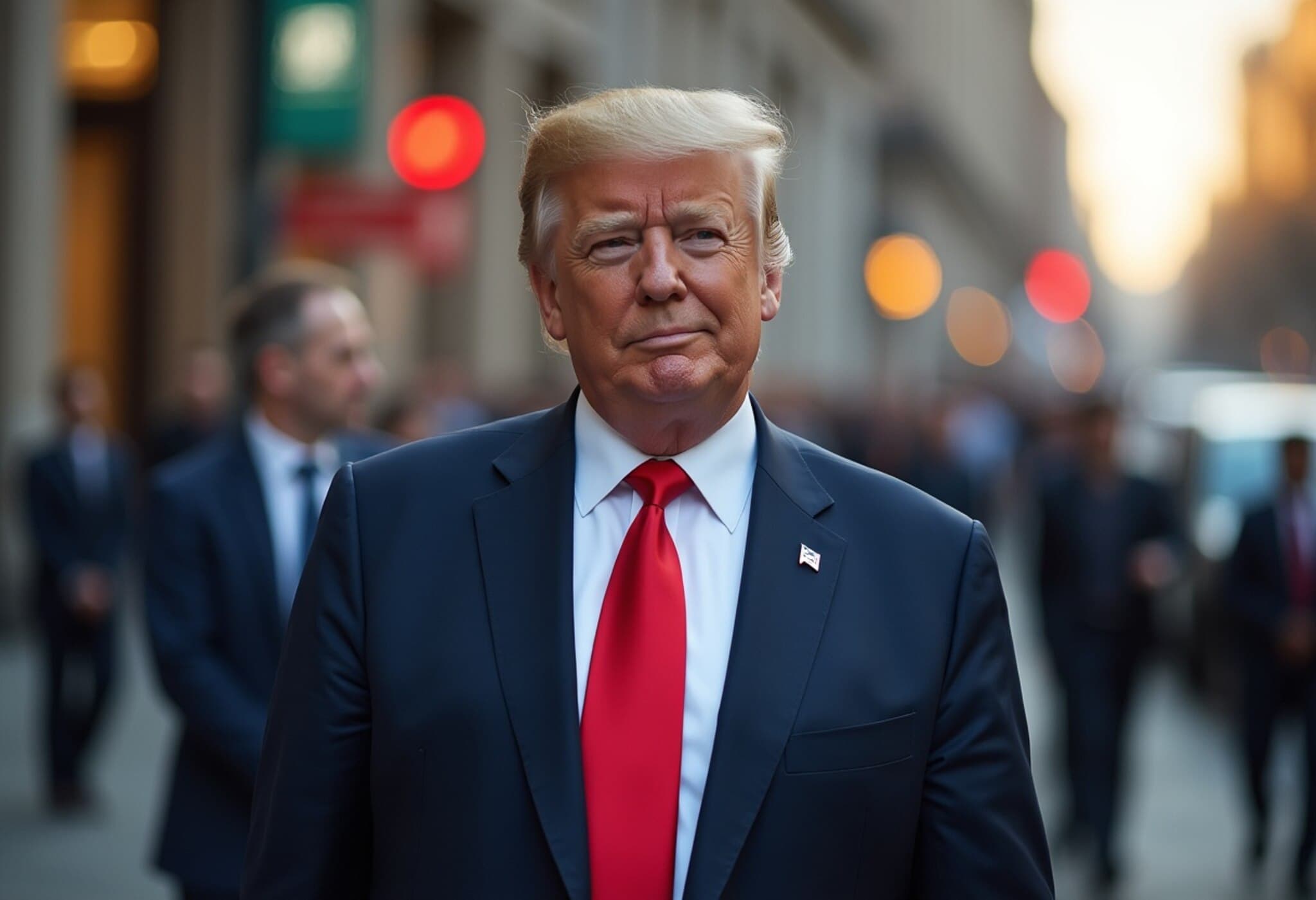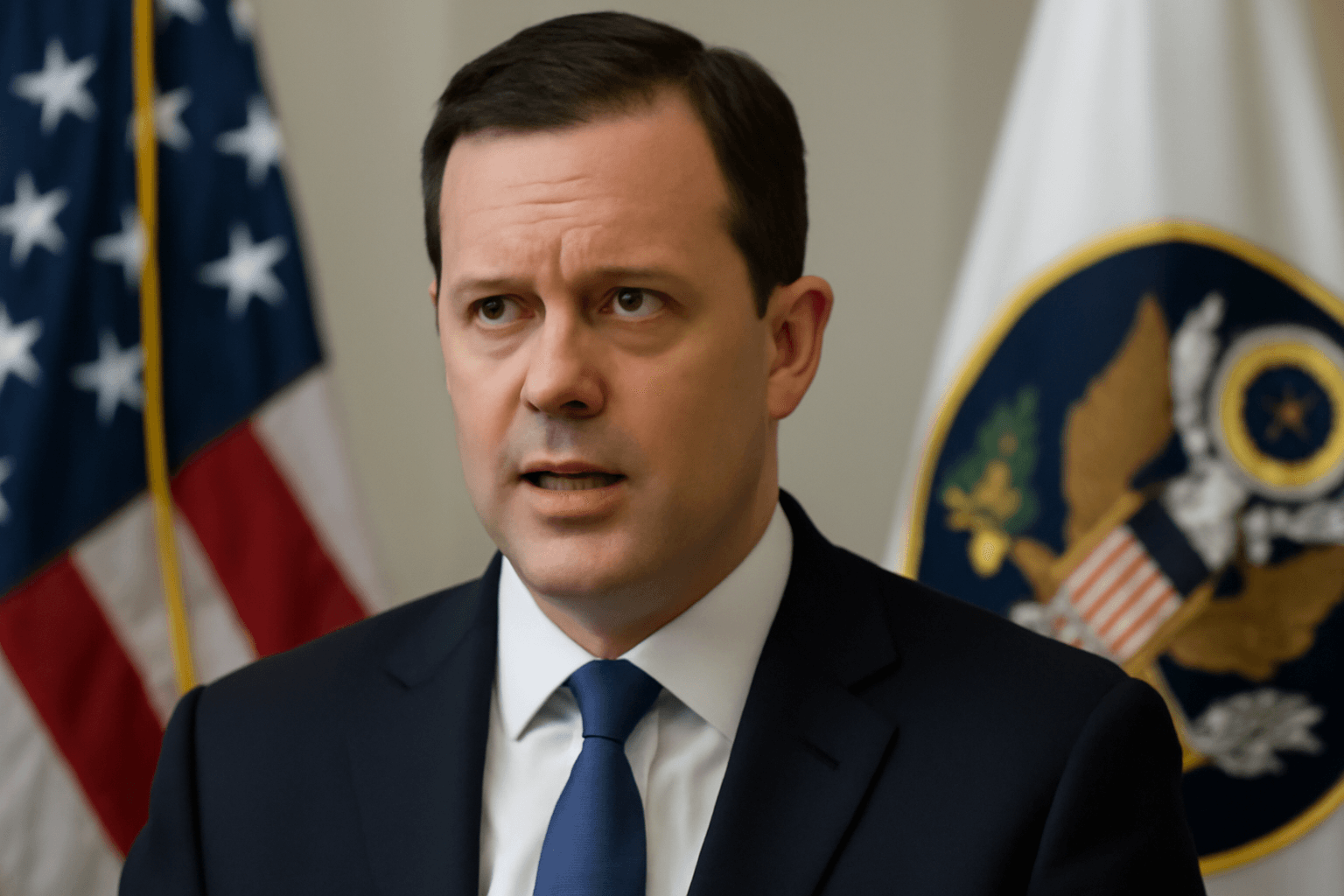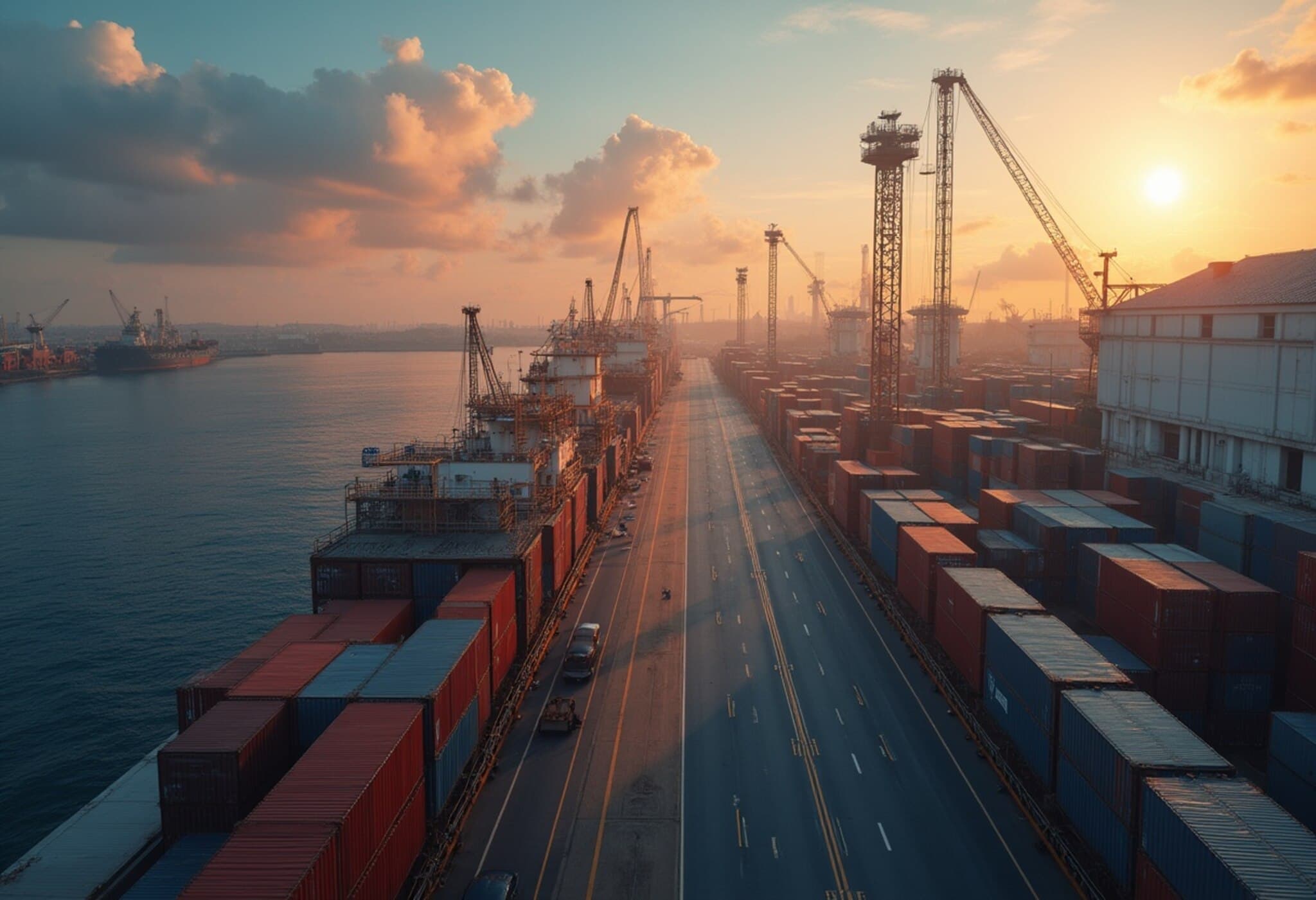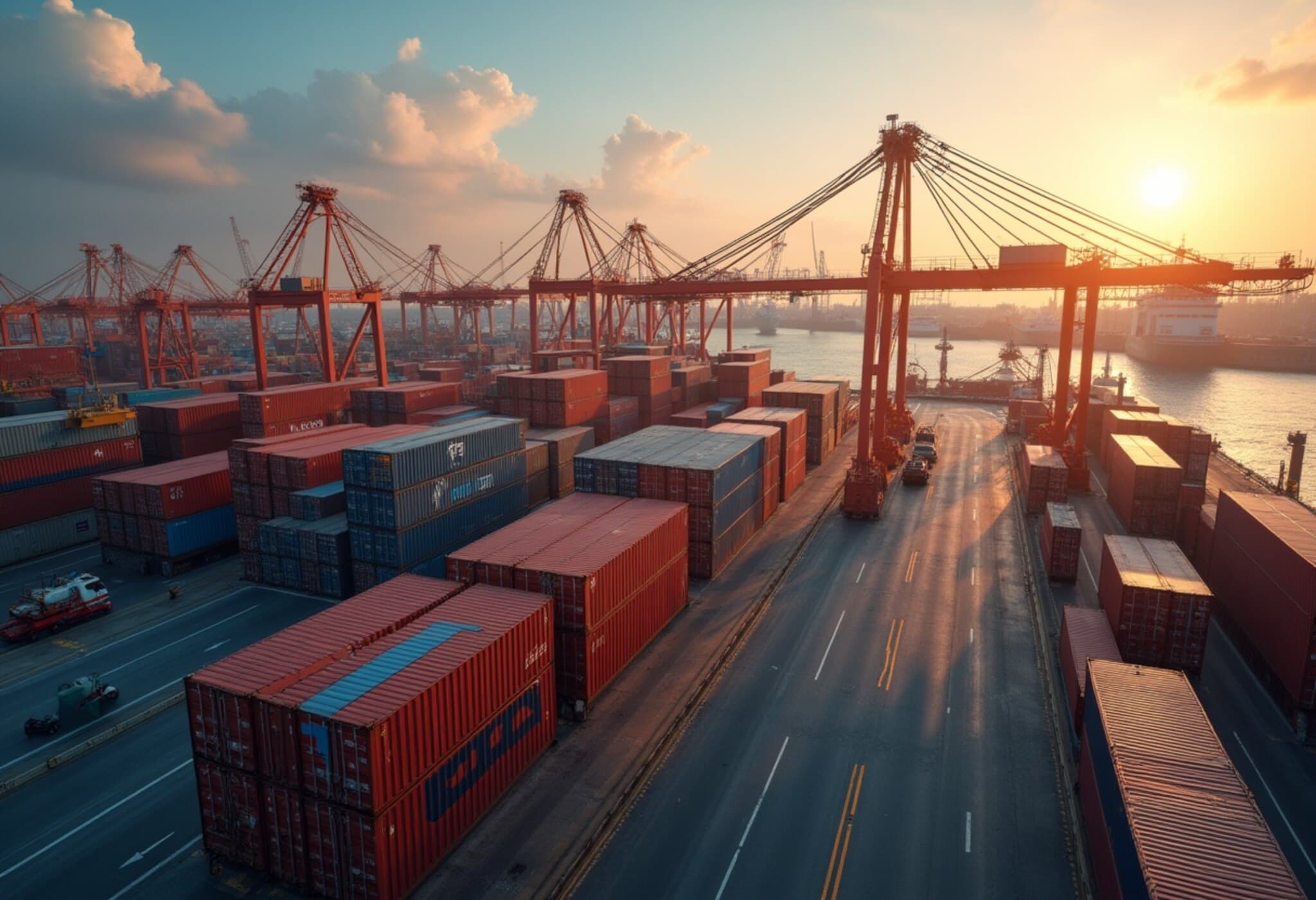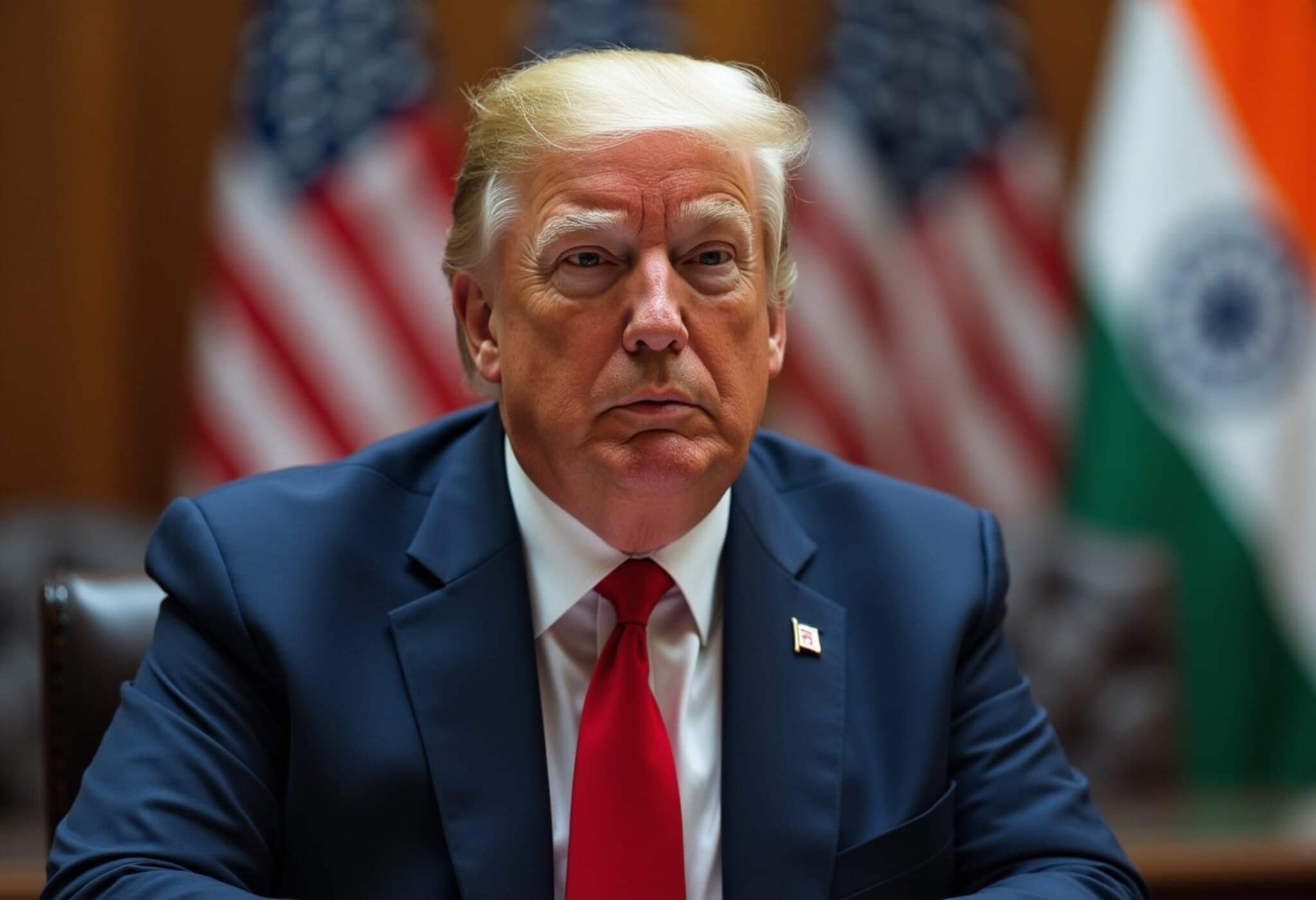Brazil’s Lula Declares Multilateralism Under Threat as US Tariffs Escalate
In a candid interview on August 7, 2025, Brazilian President Luiz Inácio Lula da Silva positioned himself firmly as a defender of multilateralism amid rising global trade tensions. Lula revealed plans to spearhead discussions with key leaders from the BRICS grouping — including India’s Narendra Modi and China’s Xi Jinping — to forge a unified response to US tariffs imposed under former President Donald Trump’s administration.
Unilateralism Versus Multilateralism: Lula’s Stark Warning
“What President Trump is doing is tacit — he wants to dismantle multilateralism, where agreements are reached collectively, and replace it with unilateralism, a one-on-one negotiation style,” Lula said, emphasizing the broader implications beyond just tariff rates.
He stressed that for smaller economies, especially in Latin America, the stakes are high as their bargaining power against the US is negligible without a united front.
BRICS: A Strategic Counterbalance Amid Global Economic Shifts
Currently holding the BRICS presidency, Brazil’s Lula announced plans to initiate talks with fellow member states—Brazil, Russia, India, China, and South Africa—to assess how each is affected by the escalating tariffs and to craft a joint strategy. The BRICS bloc, representing emerging economies and 10 member countries of the G20, stands as a crucial platform for challenging shifts in global economic governance.
“I intend to consult with leaders like Prime Minister Modi and President Xi Jinping to discuss the implications for our countries and what collective decisions can be made,” Lula said, underlining the importance of solidarity to maintain the rules-based international order.
Context: Trump’s Tariff Policies and Their Impact on BRICS Nations
- Last month, Trump branded the BRICS as “anti-American” during their summit in Rio, following up with threats to impose an additional 10% tariff on imports from these nations.
- Brazil faced the brunt with a staggering 50% tariff on most exports, linked controversially to political disputes involving former President Jair Bolsonaro.
- India is under pressure as well, with Trump threatening an extra 25% tariff citing India’s reliance on Russian oil, building upon an existing 25% levy.
- China and South Africa continue to grapple with tariffs around 30% or higher, deepening trade frictions.
Expert Insight: The Broader Ramifications for Global Trade and Diplomacy
From an American policy perspective, these tariffs reflect a broader pivot towards economic nationalism and bilateral negotiation frameworks, undermining decades of multilateral trade agreements that the US itself helped establish.
Experts argue this approach risks fracturing the global economic order, reducing predictability for international businesses, and accelerating protectionism. Lula’s push for a BRICS response illustrates how emerging economies are actively seeking new mechanisms to safeguard their interests and uphold multilateral cooperation.
Furthermore, the stakes for the US extend beyond trade. The exclusion or antagonism of large economies like China and India from cooperative forums could reshape geopolitical alliances and economic blocs, potentially diminishing American influence in a rapidly evolving multipolar world.
Looking Ahead: Lula’s Call for Unity in a Divided World
As Brazil takes the helm of the BRICS presidency, Lula’s leadership reflects growing discontent among emerging nations regarding the unilateral trade actions that challenge established norms.
The upcoming calls with BRICS leaders are anticipated to focus on aligning strategies, whether through diplomatic channels, collective lobbying at G20 forums, or potentially crafting alternative trade frameworks.
In an era marked by rising nationalism and shifting alliances, Lula’s initiative highlights a critical moment for global multilateralism — a call for cooperation and solidarity against fragmentation and protectionism.
Editor’s Note
The evolving tussle between US unilateral trade policies and emerging economies’ pushback raises essential questions about the future of global governance. Can groups like BRICS effectively counterbalance US trade dominance? How will these tensions influence global supply chains and diplomatic relations? Lula’s efforts underscore the urgency for multilateral solutions in a world increasingly tempted by isolationism.
For observers and policymakers alike, the coming months will be pivotal in shaping whether cooperative global trade frameworks endure or unravel amid geopolitical headwinds.

